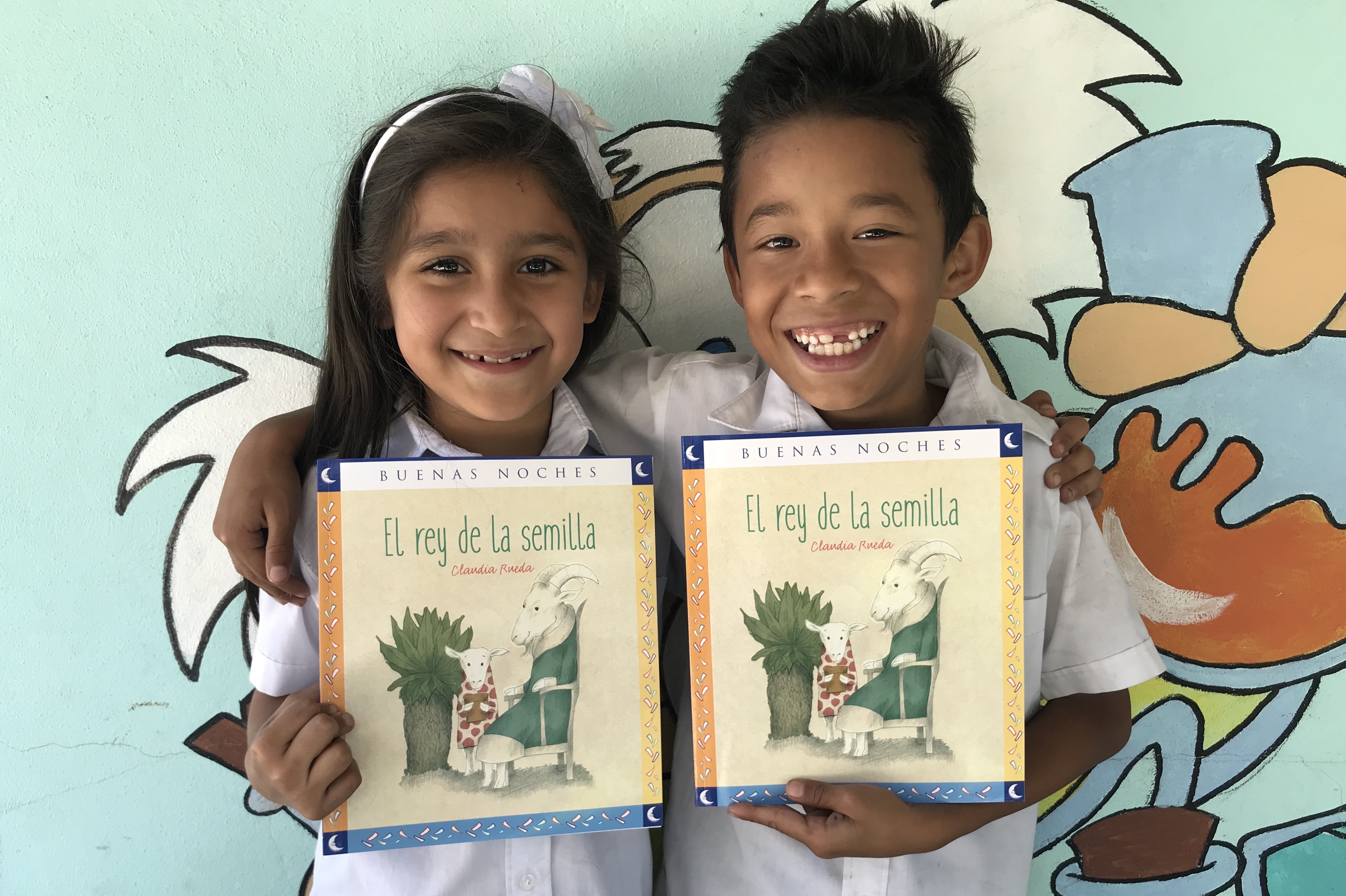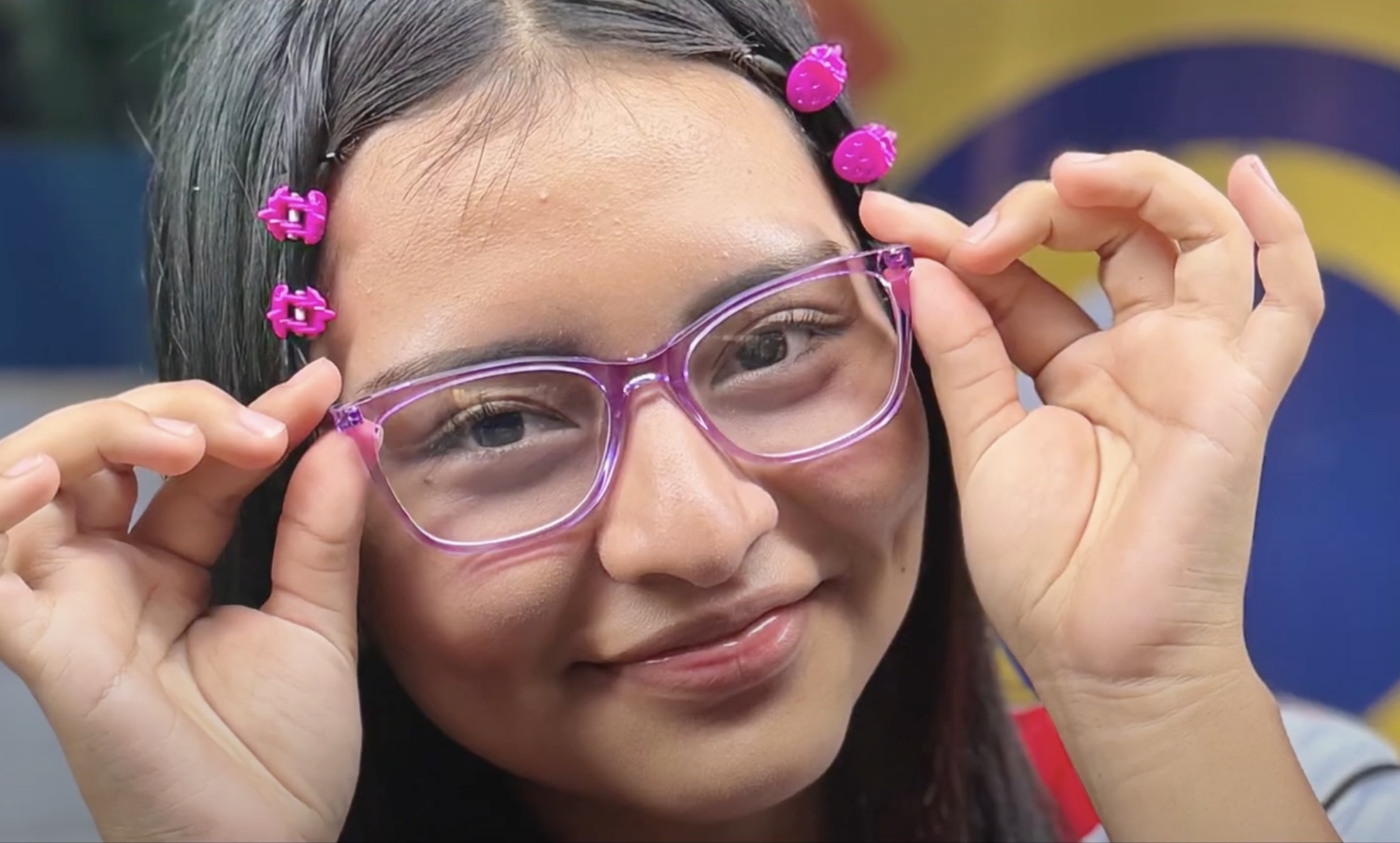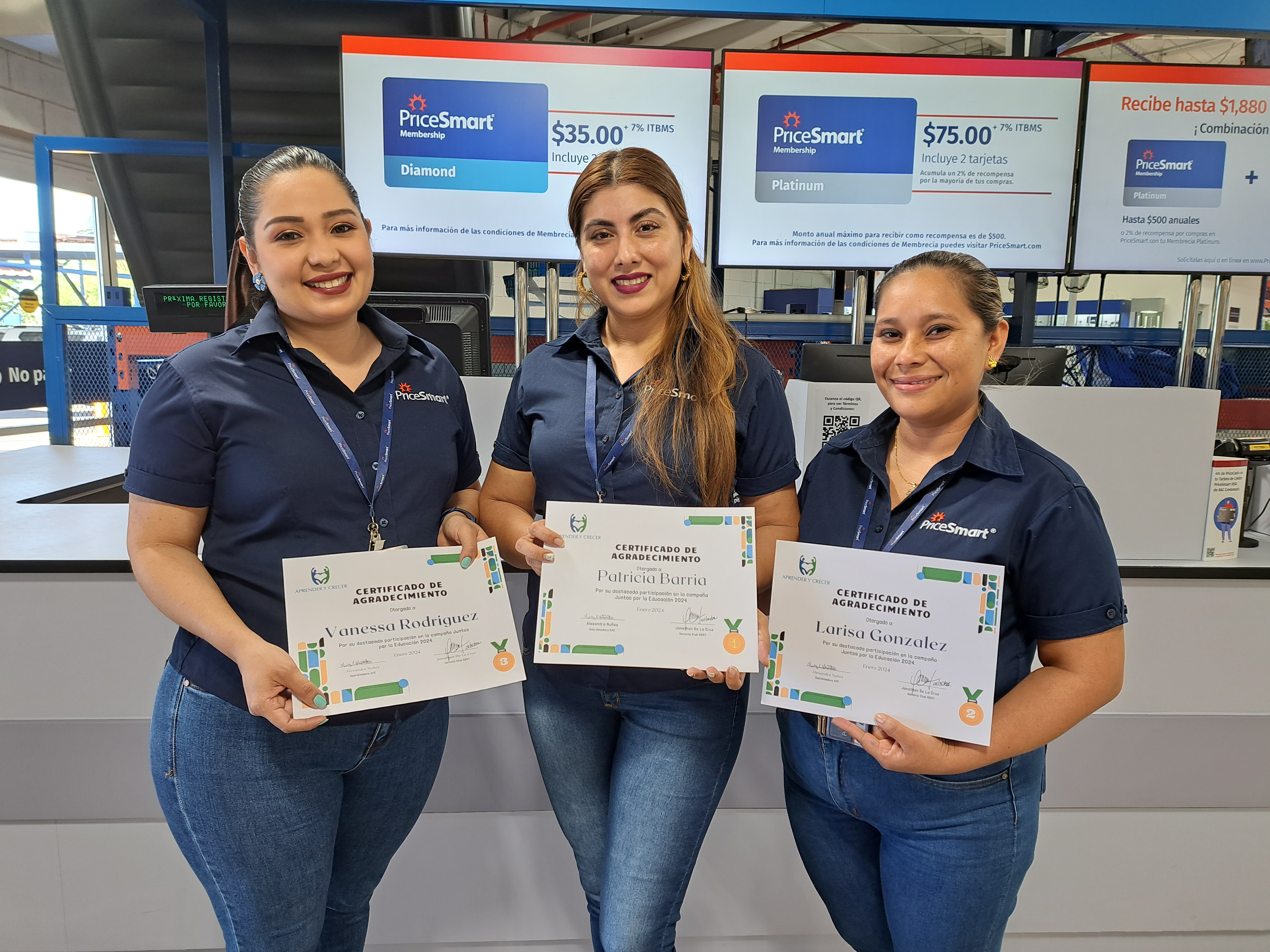In communities where access to educational resources is limited, the Aprender y Crecer program is transforming lives—one book at a time. Since its inception in 2006, this initiative has become a cornerstone of educational support in Latin America, helping thousands of children and teachers unlock the power of reading and learning.
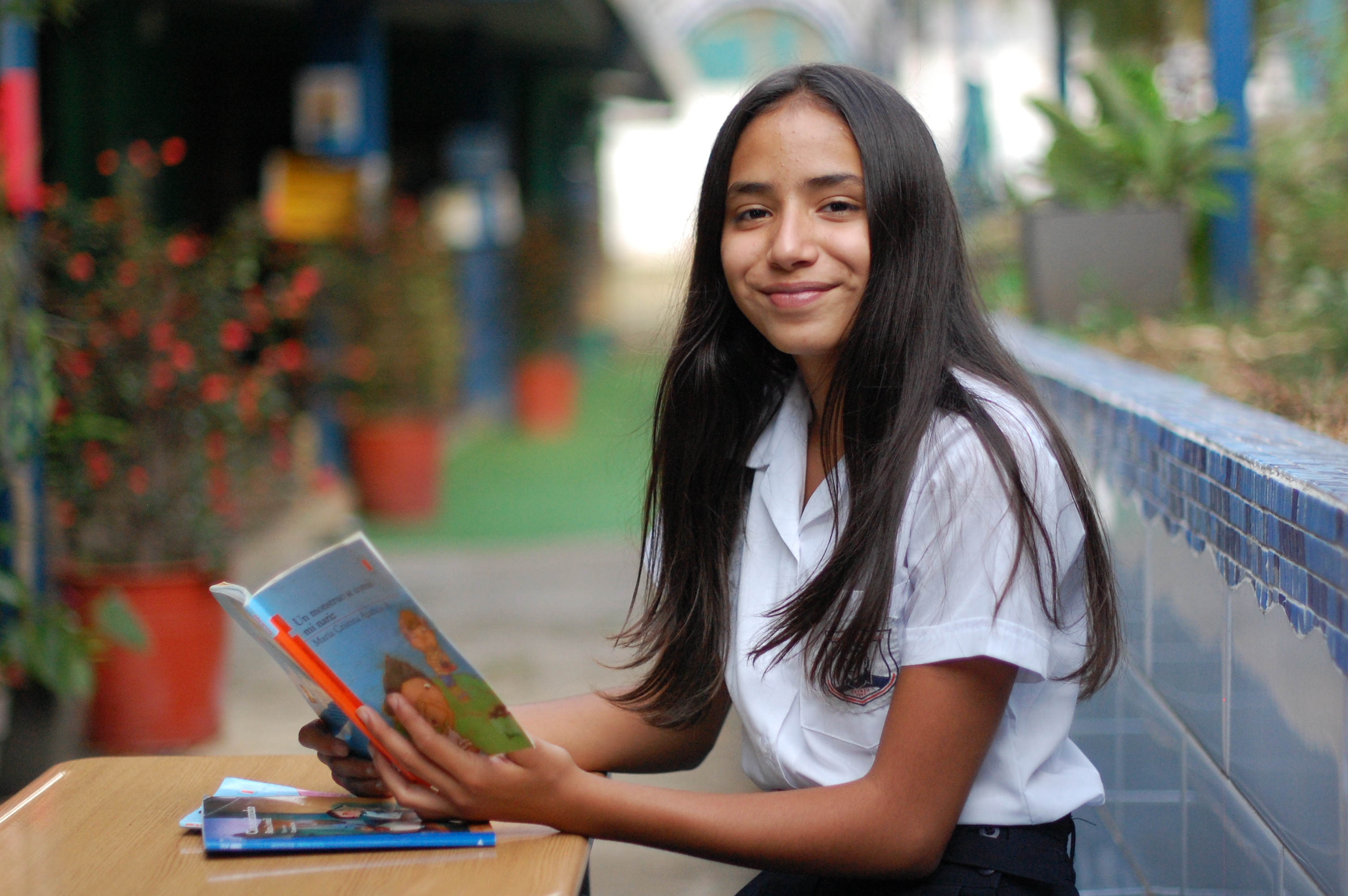
One of the most impactful contributions of Aprender y Crecer is its focus on literacy, starting with making sure that every student at sponsored schools receives books they keep as their own. At the heart of this effort is a simple but powerful belief: every child deserves the opportunity to read, learn, and dream. With over 3.1 million books given directly to students, children gain access to both instructional materials for classroom learning and recreational reading that sparks imagination and curiosity.
Research consistently shows that the amount a child reads contributes significantly to vocabulary, general knowledge, verbal fluency, and reading comprehension ability.1 Moreover, early reading proficiency is a strong predictor of academic success and number of years of schooling completed.2, 3 When students read, they begin to build the confidence and skills that will carry them far beyond the classroom.
“Reading stimulates the development of language, creativity, and critical thought, laying a solid foundation for learning and emotional wellbeing.” Victoria Coronado, educator and founder of Guiare, an educational consulting company which provides teacher professional development throughout Latin America, has been involved in providing literacy-focused professional development and materials to schools sponsored by Aprender y Crecer since 2014.
“The donation of books to children and outfitting of school libraries with sets of books for use in the classroom gives students, that would otherwise not have access to books, the opportunity to discover a magical world and to develop the habit of reading.”
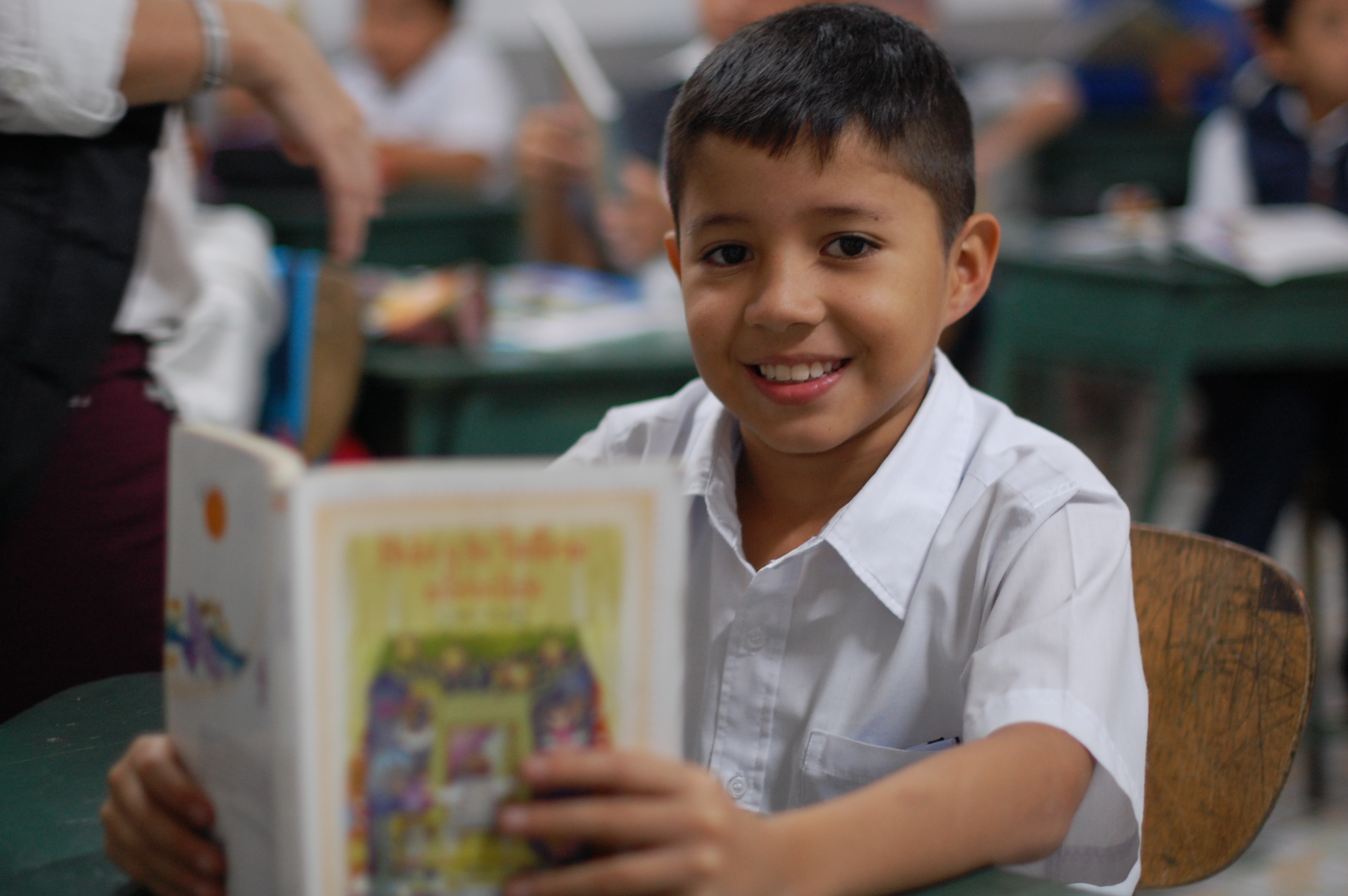
Children’s access to books at home is directly linked to the development of key language skills, which influence reading ability by third grade.4 Having as few as 10 books in the home can significantly impact a child’s educational trajectory —regardless of nationality, parental education, or economic status.5
Teachers are the backbone of literacy development, and Aprender y Crecer invests in their success. Each year, over 7,000 educators receive not only essential supplies but also the same books their students receive, so they may plan lessons and activities to do in class. In 2025, Aprender y Crecer developed Reading Guides in collaboration with Guiare. These guides provide a structured framework for planning and implementing strategies for teaching phonological awareness, decoding and reading comprehension using the books provided by the program.
Reading at a young age strengthens cognitive abilities, which lays the foundation for better academic performance and opens doors to higher earning potential later in life. These children are more likely to graduate from high school, pursue higher education, and eventually secure better-paying jobs.6, 7
As Ms. Coronado puts it:
“A book can make a difference in a child’s life, helping them move from learning to read, to reading to learn.”
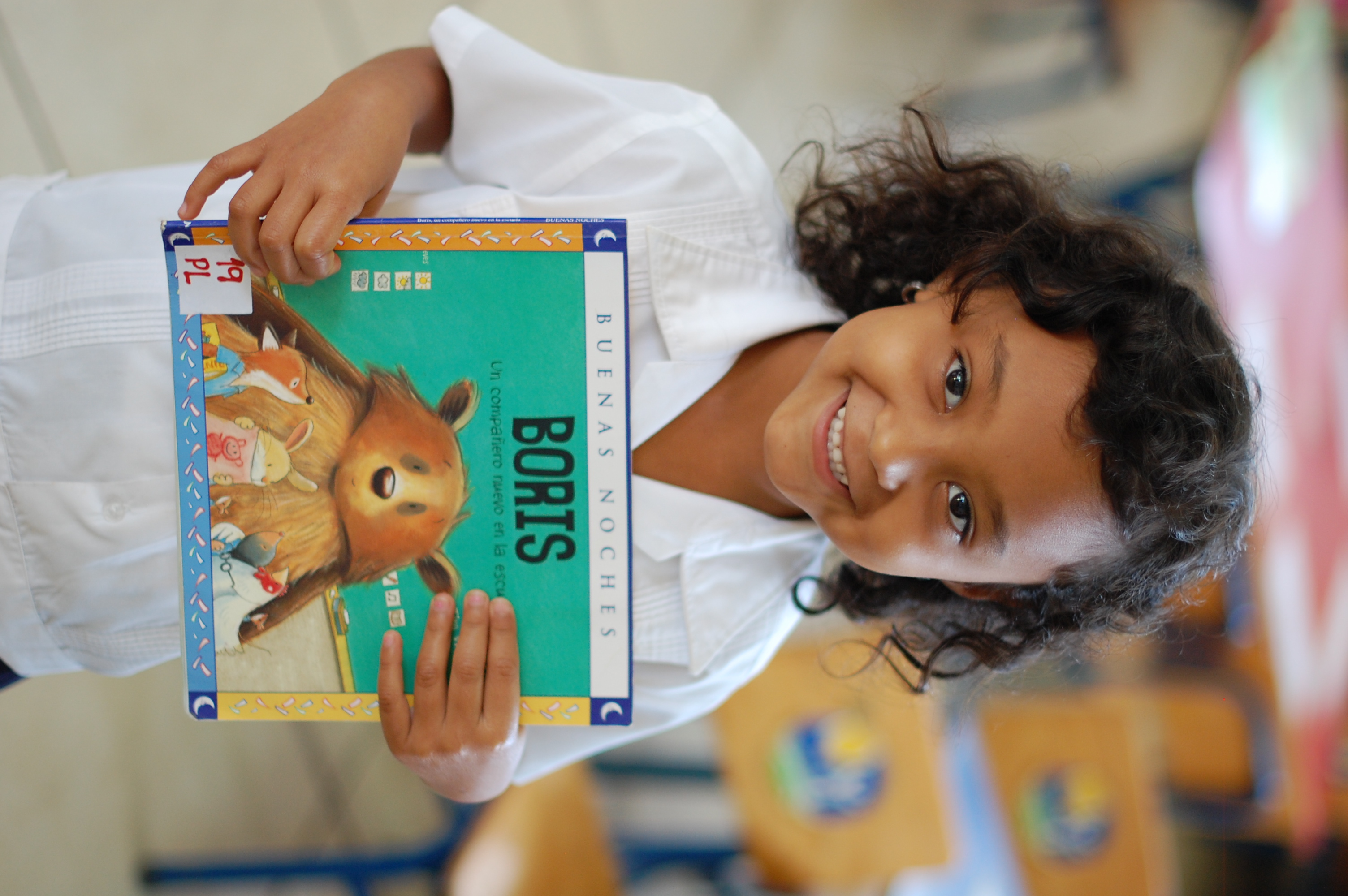
Sources:
- Cunningham, A. E., & Stanovich, K. E. (1998). What reading does for the mind. American Educator, 22(1–2), 8–15.
- Juel, C. (1988). Learning to read and write: A longitudinal study of 54 children from first through fourth grades. Journal of Educational Psychology, 80(4), 437–447. https://doi.org/10.1037/0022-0663.80.4.437
- Rennie, L. J., & Schaughency, E. A. (2004). Children learning to read later catch up to children reading earlier: Longitudinal evidence from New Zealand. New Zealand Journal of Educational Studies, 39(1), 17–30.
- Monique Sénéchal, Jo-Anne LeFevre, “Parental Involvement in the Development of Children’s Reading Skill: A Five-Year Longitudinal Study,” Child Development 73, No. 2 (2002): 445-460. Abstract available at https://srcd.onlinelibrary.wiley.com/doi/10.1111/1467-8624.00417
- M.D.R. Evans, Jonathan Kelley, Joanna Sikora, Donald J. Treiman, “Family scholarly culture and educational success: Books and schooling in 27 nations,” Research in Social Stratification and Mobility, No. 2 (2010): 171-197. https://www.ccpr.ucla.edu/wp-content/uploads/2022/06/Evans-M.-D.-R..pdf
- O'Connell, A. M., & Franklin, T. (2002). The role of early literacy in determining long-term economic success. Journal of Educational Psychology, 94(3), 637-644.
- Belfield, C. R., & Levin, H. M. (2007). The economic losses from high school dropout. Center for Benefit-Cost Studies of Education, Teachers College, Columbia University.

